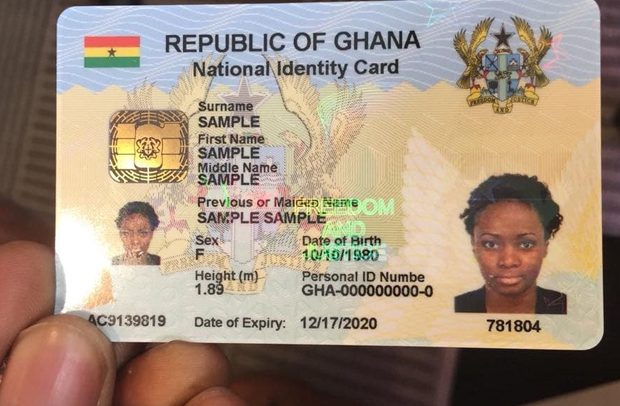In a significant development, the Electoral Commission (EC) has reversed its decision to abolish the guarantor system for the upcoming limited voter registration exercise, following discussions at the Inter-Party Advisory Committee (IPAC) meeting.
The initial proposal to eliminate the guarantor system was set aside after inputs from political parties were considered and incorporated into the updated electoral calendar, as confirmed by participants at the IPAC session.
Dr. Omane Boamah, the Director of Elections for the National Democratic Congress (NDC), expressed satisfaction with the revised electoral calendar, noting the collaborative approach taken during the meeting. He commended the EC Chairperson Jean Mensa for her inclusive leadership and openness to addressing long-standing concerns.
During the meeting, the EC chairperson announced the decision to retain the guarantor system for the upcoming voter registration ahead of the 2024 elections, which was a key issue raised by political parties.
On the other hand, Evans Nimako, the NPP Director of Elections, emphasized the party’s stance against any potential misuse of the guarantor system. While supporting the existing process, Nimako highlighted the NPP’s commitment to preventing abuse, specifically stressing the importance of ensuring that only eligible individuals are included on the electoral roll.
Nimako also referenced the NPP’s support for a new Constitutional Instrument (CI) for the use of the Ghana card to enhance the integrity of the registration process.
The announcements made during the IPAC meeting reflect a collaborative effort by political parties and the Electoral Commission to address concerns surrounding the voter registration exercise, emphasizing the commitment to upholding the integrity and credibility of the electoral process.
The latest developments indicate a positive step towards ensuring transparency and accountability in the electoral system, as political parties and electoral stakeholders work together to enhance the effectiveness and fairness of voter registration procedures.
By Vincent Kubi


